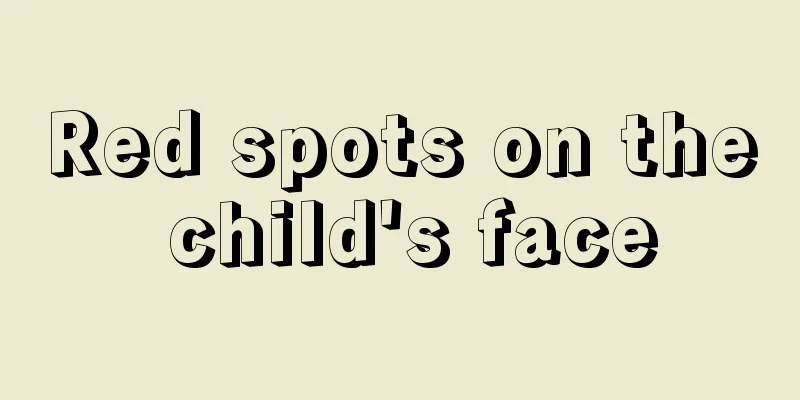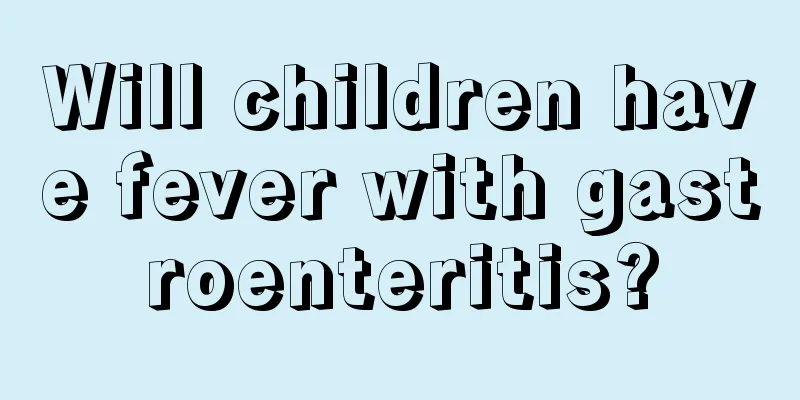Why do children have trouble sleeping?

|
There are many reasons why children have trouble sleeping. If the child is very young, it may be because of a bad way of falling asleep. In addition, environmental factors are also important. If the sleeping environment is suddenly changed, it may easily cause the child to be unable to fall asleep. At the same time, if the child is young and feels hungry, unwell, etc., it may lead to poor sleep. Of course, some diseases cannot be ruled out. Why do children have trouble sleeping? Bad sleeping methods: Young children’s difficulty falling asleep is often related to parents’ incorrect parenting methods, such as holding the child and waiting for him/her to fall asleep before putting him/her in bed, sleeping with the child (sleeping with the child), etc. There is a clear relationship between young children's difficulty falling asleep and insecure attachment. Sleep terrors: Children between the ages of 4 and 12 may be afraid of the night, and their parents are often unaware of this. Some children confuse "sleep" with death and believe that they will die if they fall asleep. Hence the fear of sleep. Environmental factors: noisy sleeping environment, bright lights, excessive heat or cold indoor environment, high humidity, uncomfortable bed, crowded room, and high study pressure can all affect falling asleep. Physiological factors: being too hungry, too full, and physical discomfort can cause difficulty falling asleep. Sleep rhythm disorder: After children go to school, they study for too long at night, and their original sleep-wake rhythm is disrupted. Improper diet: Eating stimulant foods or drinks such as tea, coffee, Coca-Cola, chocolate, and taking central nervous system stimulants will affect falling asleep and cause sleep disorders. Insomnia includes three forms: difficulty falling asleep, increased awakenings during sleep, and early awakenings. Infants and school-age children often experience difficulty falling asleep and/or waking up during sleep, while adolescents may experience the coexistence of all three forms. The three main manifestations of insomnia in infants and young children 1. Night terrors Night terrors are a common form of insomnia in children. They refer to a short-term panic symptom that suddenly occurs during sleep and are more common in children aged 5 to 6 years old. Between half an hour and two hours after falling asleep, the child suddenly sits up and screams, cries, stares or closes his eyes, with a facial expression that shows great fear and anxiety. Generally, children appear dazed when they have a night terror and do not respond to their parents' calls. After a few seconds to a few minutes, they will quickly fall asleep again. The next day, the child wakes up with no recollection or only a feeling of fear. The occurrence of night terrors is mainly related to the child's psychological and social factors, such as family discord, sudden separation from parents and relatives, unexpected changes in the home, severe reprimands and punishments from parents or teachers, listening to exciting stories or watching scary TV before going to bed, etc. 2. Nightmare A nightmare refers to a child having a terrible dream with horrific content in the second half of the night, which wakes him/her up and causes him/her to feel extremely nervous and anxious. It is common in school-age children aged 8 to 10 years old. The difference between nightmares and night terrors is that children can be easily awakened from nightmares. After waking up, their consciousness quickly becomes clear, and they can clearly recall the dream they just had and feel very scared. Nightmares are also a common type of insomnia in children. There are several main reasons for their occurrence: some children have had psychological conflicts or emotional anxiety some time ago; some children watch horror TV during the day; some have uncomfortable sleeping postures, such as sleeping with a quilt or sleeping with their hands pressed on the chest; some are caused by colds, shortness of breath, or abdominal pain caused by parasites. 3. Sleepwalking Sleepwalking occurs within 3 hours after the onset of sleep. The child suddenly gets up during sleep, or walks or performs some familiar movements. He may not respond when you talk to him, or he may talk to himself. After a few minutes, he will return to bed by himself. When he wakes up the next day, he cannot remember what he did at night. |
<<: Fried rice can cure baby's diarrhea
>>: My baby has not grown any teeth at 7 months old
Recommend
At what month do newborns usually start to grow teeth?
Having a child in the family really adds a lot of...
Frequent atrial premature beats and intraventricular dilation in children
In our country, there are still many children who...
What to do if your child has black spots on his face
Black spots on children's faces are generally...
What to do if your two-year-old baby has a picky eater
Many parents will encounter a common problem, whi...
Why does my baby like to sweat?
We all know that the health of every child is the...
Nursing methods for children with recurrent cough
Children's respiratory tract is relatively fr...
What is the normal temperature of the baby's armpit?
It is the common wish of all parents that every c...
Irregular heartbeat in children
Arrhythmia is also very common in children. If yo...
What medicine should a baby with favism take when he has a fever?
There is a disease in medicine called favism, and...
Why does a child roll his eyes when sleeping?
Parents often closely observe their children'...
Steps of Pediatric Massage
We know that we value children. In addition to gi...
What are the methods for children to kill roundworms?
Ascaris can cause a lot of inconvenience to our b...
What can’t babies with hemangioma eat? I must eat right from now on.
Hemangioma is a relatively serious disease. If yo...
What should I do if my child keeps coughing?
When the weather is changeable, children are most...
What should I do if my newborn baby is restless when sleeping and always blushes and pushes the quilt with his hands?
Many young people are first-time parents and have...









